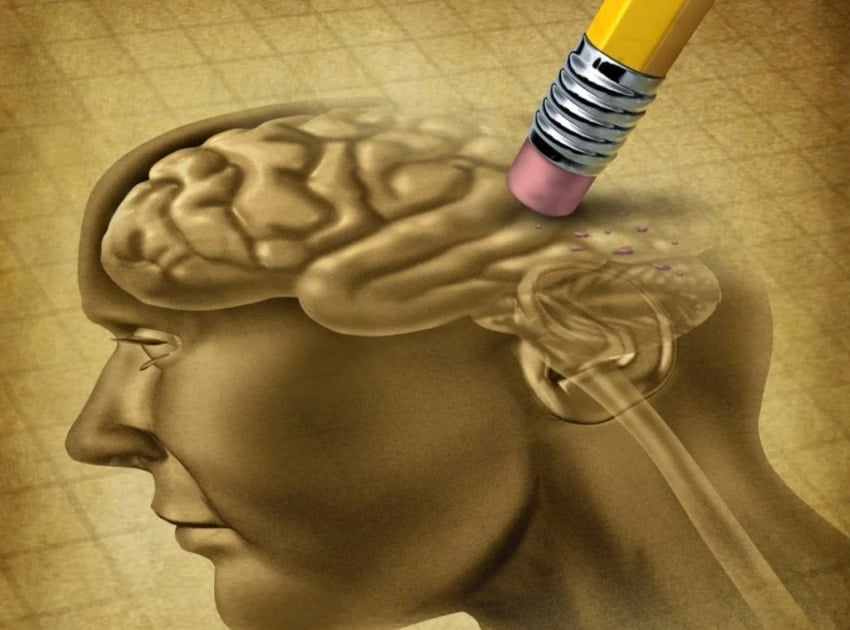Dementia is a broad medical term used to describe a group of conditions that affect memory, thinking, behavior, and social functioning. It is not a single disease, but rather a collection of symptoms caused by various disorders that impact brain function.
Globally, dementia affects approximately 47 million people—a number expected to rise dramatically. By 2050, experts estimate that as many as 131 million people could be living with dementia.
What Causes Dementia?
Dementia is typically caused by damage to brain cells and the loss of their connections, which interferes with communication between neurons. The symptoms and severity of dementia depend on which part of the brain is affected.
Types of Dementia
There are several forms of dementia, many of which are irreversible. These include:
- Alzheimer’s Disease – The most common form of dementia, associated with plaques and tangles in the brain.
- Lewy Body Dementia – Characterized by abnormal protein deposits in the brain.
- Vascular Dementia – Caused by reduced blood flow to the brain due to damaged blood vessels.
- Frontotemporal Dementia – Involves degeneration of the frontal and temporal lobes of the brain.
- Mixed Dementia – A combination of two or more types, often Alzheimer’s and vascular dementia.
- Parkinson’s Disease Dementia
- Huntington’s Disease
- Creutzfeldt-Jakob Disease
- Traumatic Brain Injuries (TBI)
Some dementia-like conditions can be treated or even reversed, such as:
- Brain tumors
- Infections or autoimmune conditions
- Side effects of medications
- Nutritional deficiencies
- Hormonal or metabolic imbalances
- Subdural hematomas
- Normal-pressure hydrocephalus
Common Symptoms and Warning Signs
Dementia can present in many ways depending on the area of the brain affected. Common symptoms include:
- Memory loss
- Personality changes
- Depression and anxiety
- Impaired judgment or reasoning
- Difficulty reading, writing, or speaking
- Poor decision-making
- Trouble completing familiar tasks
- Agitation, paranoia, or hallucinations
- Social withdrawal or inappropriate behavior
The 7 Stages of Dementia
Dementia typically progresses in seven stages:
- No cognitive decline (Normal function)
- Very mild decline (Typical age-related changes)
- Mild cognitive decline (Early signs detectable by close friends/family)
- Moderate decline (Clear-cut symptoms such as memory loss)
- Moderately severe decline (Requires assistance with daily tasks)
- Severe decline (Personality changes and extensive assistance needed)
- Very severe decline (Loss of physical abilities and communication)
Is Dementia Preventable or Treatable?
While not all forms of dementia are curable, certain types may be slowed, managed, or even reversed when caught early. Helpful interventions include:
- Regular physical activity
- Healthy diet rich in fruits, vegetables, and low in saturated fats
- Quitting smoking
- Managing blood pressure, cholesterol, and diabetes
- Staying mentally active (puzzles, reading, games)
- Social engagement
- Addressing hearing loss and sleep issues
- Treating anxiety and depression
Ongoing research and new drug developments continue to explore ways to treat dementia and improve quality of life for those affected.
Dementia encompasses a variety of conditions that affect brain health—some treatable, others progressive. If you or someone you know is showing signs of dementia, seeking prompt medical evaluation is essential. Early diagnosis can significantly impact treatment success and long-term outcomes.







